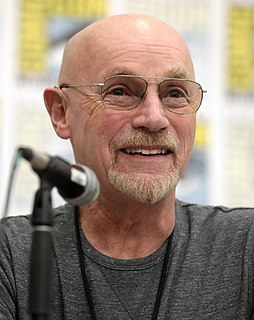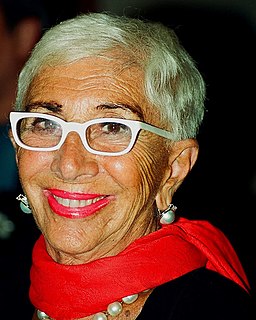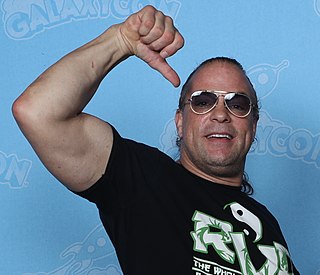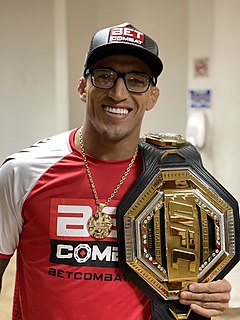A Quote by Anthony Horowitz
If you look at Charles Dickens's time, there were so many different levels of society and everybody understood their place in it, it was that complex and simple. I'm not sure we have that now.
Related Quotes
All propaganda or popularization involves a putting of the complex into the simple, but such a move is instantly deconstructive. For if the complex can be put into the simple, then it cannot be as complex as it seemed in the first place; and if the simple can be an adequate medium of such complexity, then it cannot after all be as simple as all that.
The road, more than simply a system of regulations and designs, is a place where many millions of us, with only loose parameters for how to behave, are thrown together daily in a kind of massive petri dish in which all kinds of uncharted, little-understood dynamics are at work. There is no other place where so many people from different walks of life-different ages, races, classes, religions, genders, political preferences, lifestyle choices, levels of psychological stability-mingle so freely.
We are herding the young in that direction so that they are not sitting still and contemplating, Goddamn it, a page of exquisite prose by Charles Dickens, which is filled with rage about poverty and the need of a household to survive. That's not in the table for consideration now. And people don't understand that beautiful rage of Dickens because they don't share it. They haven't got time to worry about an oppressed culture, a subclass.
The Great Famine is a period of our history that we need to know in great detail in order to understand its continuing impact on us as a people. Its causes were complex. We can't apportion blame simplistically but rather [must] understand that blame has to be shared in different areas and levels of society. It was the very poorest of the poor, the small tenants and cottiers, who really suffered. Others were less affected. But most of all I welcomed the commemoration because it was a moment to look into our past and realize the courage and resilience of those who survived.







































